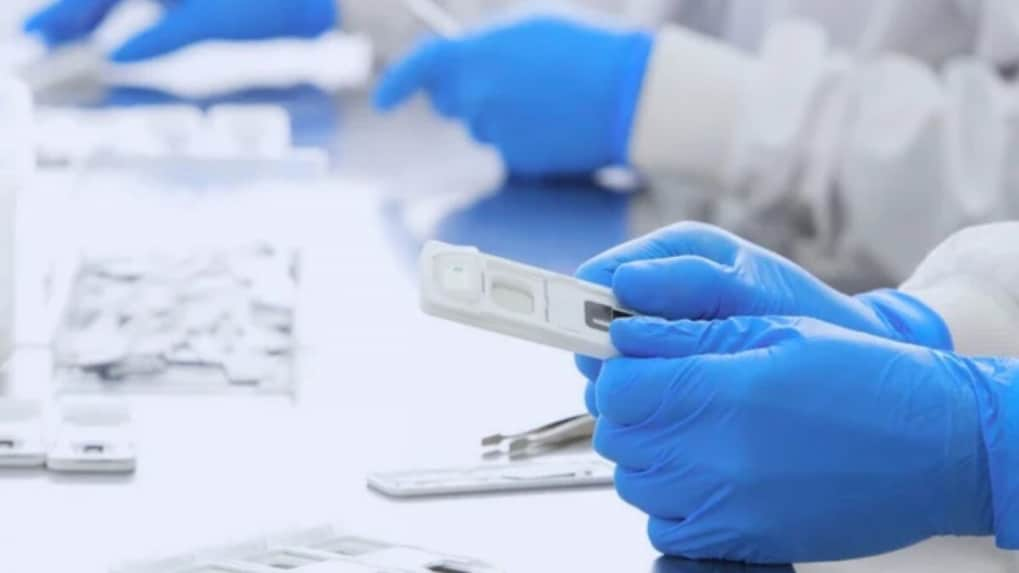Biotech firms turn to AI and human models as US' FDA pushes shift from animal studies
At present, it can take up to 15 years and as much as $2 billion to bring a drug to market.
ADVERTISEMENT
Drug developers are increasingly embracing artificial intelligence (AI) technologies for discovery and safety testing, aiming to cut both time and costs, in line with the US Food and Drug Administration’s (FDA) drive to reduce reliance on animal testing, as per a report by Reuters.
Industry experts from contract research organisations, biotechnology firms and brokerages say that within the next three to five years, the combined use of AI and reduced animal testing could halve timelines and costs. At present, it can take up to 15 years and as much as $2 billion to bring a drug to market.
Drug development software specialist Certara, along with biotech firms such as Schrödinger and Recursion Pharmaceuticals, are already deploying AI to model how experimental drugs might be absorbed and distributed, as well as to predict toxic side effects. Recursion has claimed its AI-driven platform was able to advance a cancer drug candidate into clinical testing in just 18 months – significantly faster than the industry average of 42 months.
Analysts at TD Cowen and Jefferies expect these AI-based approaches to dramatically shorten development cycles and reduce costs, according to Reuters. The FDA in US itself has set out a vision in which technologies such as AI, computational modelling and human cell-based systems could become the new standard for pre-clinical safety and toxicity assessments, with animal testing used only in exceptional cases within the next three to five years.
In an April statement, the agency suggested these methods would ultimately help lower drug prices, particularly in the field of monoclonal antibody development. Currently, under FDA requirements, companies must still conduct animal studies to test for potential adverse effects. These studies typically last one to six months and involve an average of 144 non-human primates, costing around $50,000 per animal.
Charles River Laboratories, one of the world’s largest research contractors, is among the established players investing heavily in so-called “new approach methodologies” (NAMs). These methods use AI, machine learning, computer-based modelling and human-derived systems such as organs-on-chips to replicate the behaviour of organs. An organ-on-a-chip is a small device lined with living human cells that mimics key functions of human tissue. Charles River reports that its NAM portfolio already generates about $200 million in annual revenue.
Smaller companies are also stepping into the field. Swiss firm InSphero, for example, is testing drug safety and efficacy in 3D liver models, using lab-grown microtissues to replicate organ function. Meanwhile, New York-based Schrödinger is combining physics-based simulations with AI to predict toxicological outcomes.
Despite this momentum, industry specialists caution that new technologies are unlikely to fully eliminate animal testing in the near term. Instead, the immediate future of drug discovery is expected to rely on a hybrid model, blending reduced animal studies with insights from AI-driven systems and human-based models.
Read More: Tackling misleading medical ads amid digital boom


